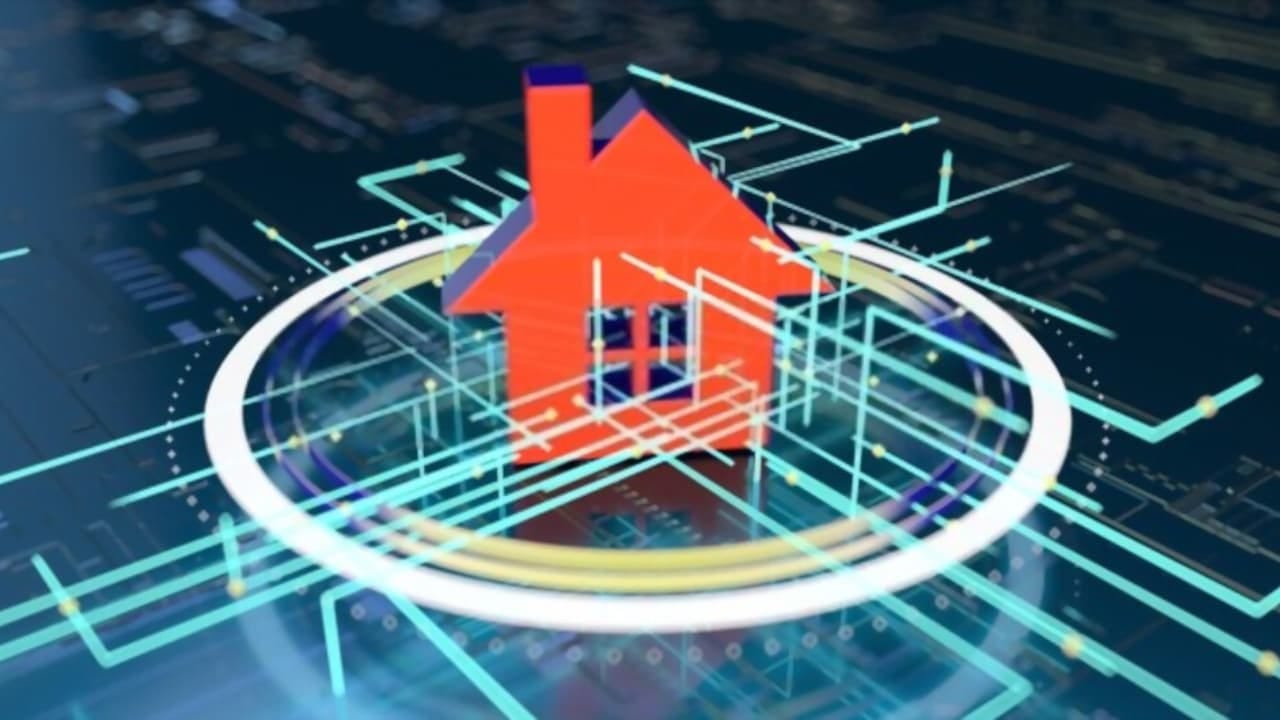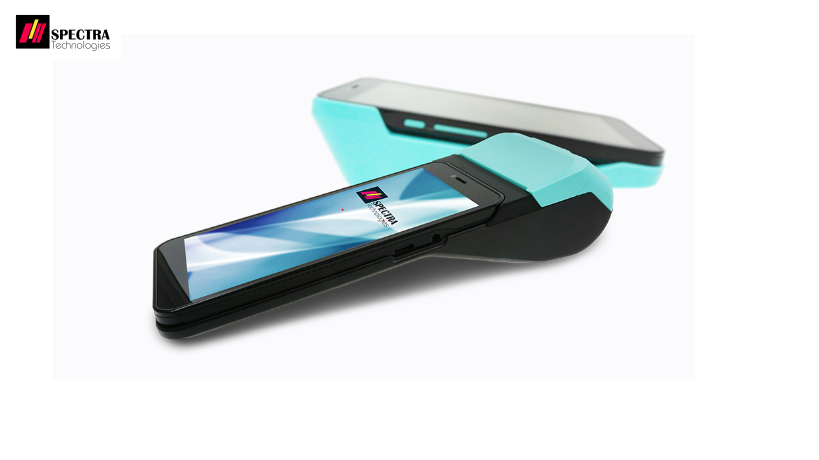Blockchain technology and NFTs may alter how we view both residential and commercial real estate. Physical constructions, like a house or an office complex, are typically sold and purchased using mountains of paper. Other parties, including lawyers and bankers, are involved in the purchasing and selling processes, and the closing is done in person.
However, owners can now sell homes digitally and automatically thanks to the widespread (although slowly expanding) adoption of blockchain real estate nft platform development in the real estate industry. Homeownership across borders is now possible thanks to sellers’ ability to list properties as non-fungible tokens (NFTs) and make use of smart contracts. The ramifications of this decentralised information network, however, are not universally accepted. It can be difficult to navigate blockchain technology because there isn’t a consistent answer to questions about its use. Here are some of the ways that blockchain will lead to automation in the real estate industry and certain issues to be aware of.
Auction Houses And NFT Houses
The auction procedure naturally lends itself to an all-digital experience because house auctions frequently do not permit in-person viewings. It can therefore be completely disrupted.
residences that have been foreclosed upon or residences with a history of unpaid taxes are frequently included in real estate auctions. Online digital systems for bidding on home auctions like Auction make it simple to bid from anywhere, unlike traditional auction platforms that demand the bidders be present on site.
Those who have invested before understand the risks involved in purchasing a home at auction. In most cases, buyers don’t even get a home inspection or a chance to tour the inside of the house. If you’re looking to relocate a family into a starting house that has been inspected and authorized, this might not be your greatest option. They may, however, turn out to be a good deal for an investor.
Although not all online real estate auctions operate utilizing blockchain technology, it does provide a number of advantages. It can help stakeholders save time and money while also boosting general security. It can also save costs by cutting out intermediaries like banks.
Using Blockchain For Transactions
Propy is a real estate business designed to combat real estate fraud. It is a digitally focused, automated transaction management platform. To demonstrate the power of blockchain, the company just finished the first-ever NFT home sale. NFTs can represent tangible assets, such as real estate or works of art. The owner of this item can then be verified digitally thanks to blockchain development technology.
It wasn’t the “first and only” sale of its kind; other homes are now selling as NFTs. The use of blockchain technology while selling real estate comes with an increased level of security. The ledger can reduce fraud, and lenders can quickly verify both the property and the borrowers.
The typical wet-ink signatures that are frequently required in the real estate industry are not required for homes that are being sold as NFTs. Instead, these contracts go into effect automatically after a predetermined set of conditions are met.
Some analysts predict that smart contracts will eventually replace traditional contracts for all real estate transactions. The new property’s ownership may be transferred through the contracts, and this information may then be stored on the blockchain.
Blockchain technology, NFTs, and greater security combined with nearly automatic verification may be the obvious next step for the entire real estate sector. But keep in mind to take these things into account.
Advantages Of NFT’s In Real Estate
Global Reach And Accessibility
The real estate market is accessible to investors from all over the world because of NFTs, which remove geographic restrictions. Online trading of tokenized properties is simple and offers buyers and sellers a global marketplace.
Investment Opportunities
NFTs make it possible for people to invest in expensive properties that they might not have been able to afford otherwise. In order to spread risk and increase investment potential, fractional ownership enables investors to diversify their portfolios by holding stakes in a number of different properties.
Security And Transparency
NFTs’ use of blockchain technology provides security, immutability, and transparency. The blockchain can be used to securely maintain ownership information, property information, and transaction history, which lowers fraud and boosts confidence in the real estate market.
Increased Effectiveness And Cost Savings
Tokenization streamlines the purchasing and selling process by eliminating the need for middlemen like brokers and solicitors. NFTs with embedded smart contracts can automate processes like property maintenance or distribution of rental income, which lowers administrative costs.
Final Words: Risk And Rewards
While blockchain may present effective solutions to save costs and save time in the real estate industry, it is not without its difficulties. The usage of blockchain for real estate investments has risks and benefits, much as investing in cryptocurrencies. However, blockchain is still helping to define and, in some ways, disrupt, the real estate industry today.





